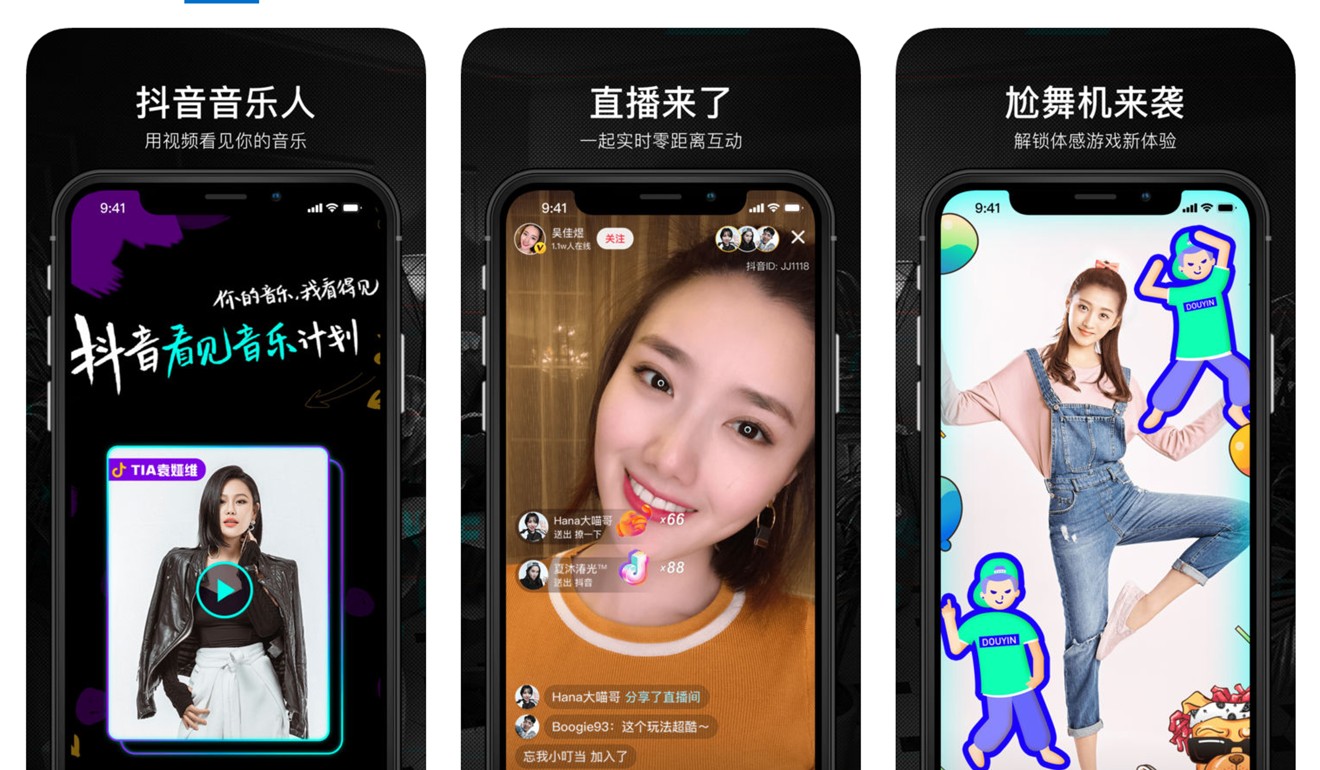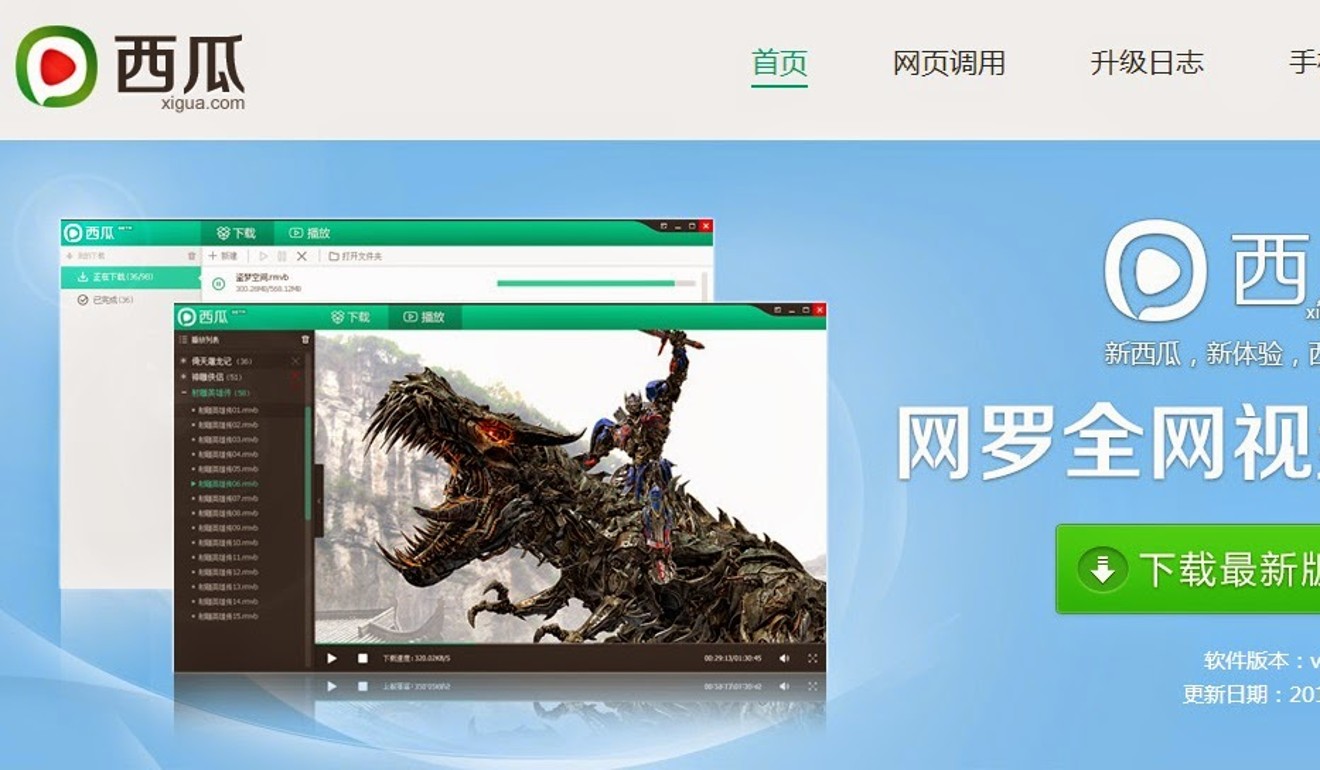
China’s Generation Z is hooked on these short video apps
Short-form video apps have been around since early this decade in China, but their popularity has exploded the past three years on the back of a growing new segment of consumers known as Generation Z.
This post-millennial demographic group, which researchers have defined as people born from the mid-1990s to the early 2000s, have grown up using the internet from a young age and become savvy with streaming video on their smartphones.
“The rise of the short form video is in line with the content consumption behaviour of China’s mobile-driven internet users. As their time has become more fragmented, they long for something short, but contain enough entertaining information,” said consulting firm iiMedia Research in a recent report.
It estimated viewers of short-form videos, which are clips less than 20 minutes in length, reached 242 million in China last year. That number was forecast to hit 353 million – more than the size of the US population – by the end of this year.
China’s three largest internet companies – Baidu, Tencent Holdings and Alibaba Group Holding, which owns the South China Morning Post – are all competing in the short video market against smaller, but fast-growing players like Beijing ByteDance Technology.
Celebrities on the mainland use short videos to engage with their fans, while many Gen Z consumers had adopted the format as a way to express themselves.
Their enthusiasm is even shared by retirees and people in China’s rural areas, who find short videos a pleasant pastime. Developers of these apps have made it easy for anyone to use the filters and editing tools for posting video clips online.
Here are the top five short video apps by monthly active users in China as of February this year, according to analytics company App Annie.

1. Douyin
Also known as Tik Tok, Douyin was launched as a music video platform and social network in September 2016 by ByteDance, which owns popular Chinese news app Jinri Toutiao and video social network app Musical.ly.
Douyin has skyrocketed in popularity among the Gen Z consumers in China as it made it easy for users to create and share music videos. It provides powerful and easy-to-use editing tools that add catchy music and special effects to videos. Most users of Douyin are under 24 years old and live in tier-one cities like Beijing and tier-two cities such as Harbin and Hefei.

2. Kuaishou
Founded in 2011 by entrepreneur Xu Hua and backed by Tencent, Kuaishou is a video-sharing and live-streaming platform that has developed a reputation for featuring users who do stunts and pranks like the US reality television show Jackass.
Kuiashou, which directly translates as “quick hand”, gained popularity with a young audience by featuring video clips of people in the small towns outside the major urban areas, performing acts such as eating sharp objects or playing with fireworks.
The Beijing-based start-up has recently stepped up efforts to use artificial intelligence for recommending and placing videos in its subscribers’ daily feeds, as well as to crack down on content deemed inappropriate by Chinese authorities.

3. Quanmin K Ge
This Tencent-backed app, which means Karaoke for Everybody, was introduced in 2014 and has since established a large online singing community.
That audience of karaoke enthusiasts was built on the interactions between the subscribers at Tencent’s multi-purpose social platforms QQ and WeChat, known as Weixin on the mainland. Monthly active users on QQ reached 783 million at the end of December last year, while WeChat surpassed 1 billion users last month.
Users are provided a wide selection of popular songs for their short music videos.

4. Xigua Video
Formerly known as Toutiao Video, this app is another platform for short clips developed by ByteDance.
Launched in May 2016, Xigua Video has positioned itself as the largest professional user-generated content video platform in China.
To encourage high-quality original content, ByteDance announced in November last year that it was setting up a 2 billion yuan (US$319 million) fund to help content creators commercialise their video and profit from them.

5. Meipai
Released in May 2014, Meipai is a free social video messaging and networking app created by Hong Kong-listed smartphone maker and selfie apps operator Meitu.
Meipai’s killer features are the same ones that its developer have become famous for: editing tools and filters to make users significantly good-looking in their video clips, as well as an easy way to share that content.
Widely recognised as the “Instagram for video”, Meipai also has a function that allows people watching a video to see the live comments from other app users. It has also created a live video-streaming channel in which users can broadcast their personal lives like a television anchor would do.

